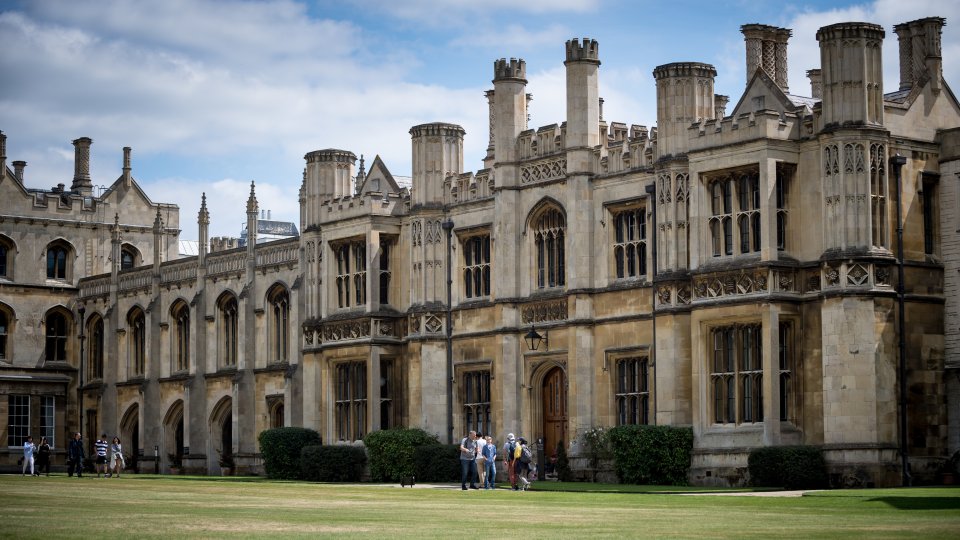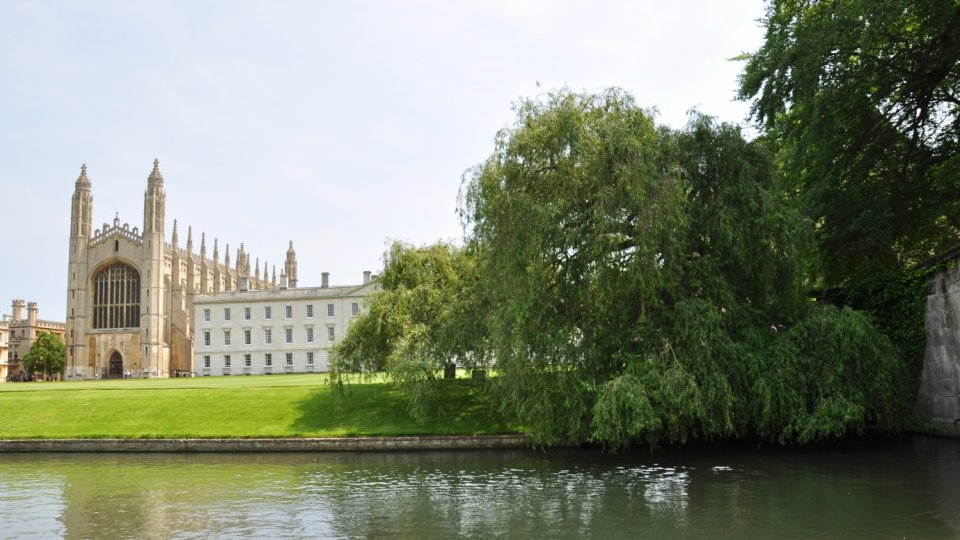
At a meeting of the Fellows of King’s College on 15 March it was agreed unanimously that: (1) The College’s interests in the pensions matter are not only financial. These interests encompass the need to maintain the College’s position as a thriving place of ‘education, religion, learning and research’. Radical change to the pensions scheme may degrade essential elements of the university of which the College is a part; weaken British higher education; and undermine the viability of academic careers, with consequences for diversity and inclusiveness of the academic profession. Any of these could be deleterious to the College’s flourishing, and the particular traditions of the College as a progressive and inclusive institution. (2) Difficulties with the pension scheme should be addressed by solutions premised on collaboration and solidarity across the sector. We stress our commitment to seeing the University of Cambridge remain part of the public university system in every way, including through participation in a shared pension scheme. This commitment is particularly important in view of the role originally played by the University of Cambridge in the current dispute; and in view of evolutions in universities towards increased tuition fees, a stronger role for management, removal of student caps, and estate expansion. These evolutions towards a marketization of education put in question values that are foundational to the University of Cambridge, and this fellowship. (3) The fellowship calls for the greatest possible transparency regarding valuation methodologies; urges that the current consultation deadline be extended if necessary to allow negotiations to continue; and supports the essential elements of the Grace submitted to the Regent House, the governing body of the University, namely to a. “regard the proposals and assumptions set out by the Universities Superannuation Scheme Trustee in the September 2017 Technical Provisions Consultation, including the draft recovery plan and provision for additional conditional contributions of up to 7% of pensionable pay ‘in extremis’ over 20 years, as an acceptable basis for ensuring the future sustainability of the Scheme;” b. “accept the level of risk implied by the Trustee’s proposals and assumptions in its September 2017 valuation;” and c. Urge that the University “shall continue to offer a competitive Defined Benefit pension scheme as part of a nationally and internationally competitive employment package.”






